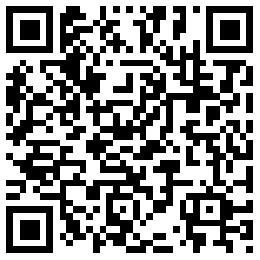The UNESCO SDG-Education 2030 Steering Committee held its 2022 annual meeting in Paris from Dec. 8–9 to discuss and adopt strategies for achieving the goals set out at the United Nations Transforming Education Summit (TES). Huai Jinpeng, Minister of Education of China and member of the Steering Committee, attended the meeting virtually and delivered a speech.
Huai noted that, given unprecedented changes unfolding around the world, the UN TES has called for efforts to transform education so as to create a better future for children and youth worldwide. He said that China supports the central role of the Steering Committee in implementing the action plans adopted at the UN TES.
He put forward several suggestions concerning the effective implementation of action plans. First, each plan should have appropriate mechanisms that encourage member states to mobilize various resources to facilitate transformation. Second, capacity-building activities should be organized for member states, especially developing ones. They should include the development of platforms and targeted projects for sharing best practices and offering training on planning, implementing, and monitoring action plans. Such activities should also aim to enhance the ability of decision makers, school managers, and teachers to design, carry out, and evaluate transformative measures. Third, educational digitalization should be promoted as a lever for making breakthroughs in improving the inclusiveness, equity, and quality of education.
Huai said that, in response to the call of the UN TES, China recently hosted the International Forum on Artificial Intelligence (AI) and Education jointly with UNESCO and would hold an international conference on the digitalization of education this month. He added that China is willing to build platforms or alliances with any partners to promote digitalization in the education sector.
The annual meeting was attended by H. E. Julius Maada Bio, President of Sierra Leone, and Audrey Azoulay, UNESCO’s Director General. The meeting highlighted five pillars in implementing the action plans laid out at the UN TES: supporting member states’ commitments to educational transformation, putting educational transformation at the top of the global agenda, promoting global campaigns, increasing financing for educational transformation, and Gateways to Public Digital Learning, an initiative to support countries in securing equitable access to digital learning resources.




